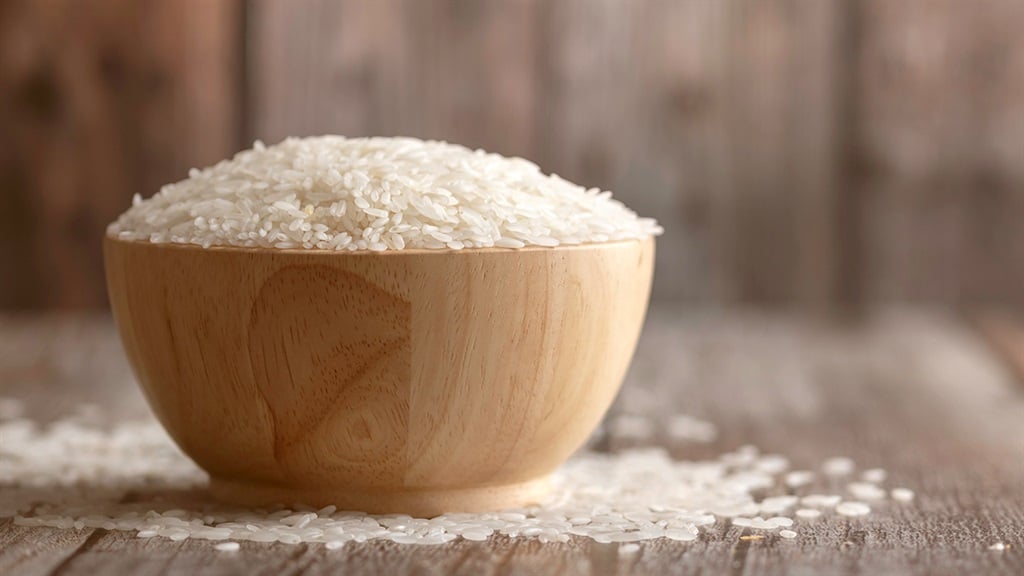
- Scientists in South Korea have developed a "meaty" rice that they say could help solve food crises and climate change.
- The new grain, grown in a lab by researchers at Seoul's Yonsei University, is packed with beef muscle and fat cells.
- The rice has a significantly smaller carbon footprint compared to beef production.
- For climate change news and analysis, go to News24 Climate Future.
Scientists in South Korea have developed a new type of sustainable hybrid food - a "meaty" rice that they say could help solve food crises and climate change.
The new grain was grown in a lab by researchers at Seoul's Yonsei University and is packed with beef muscle and fat cells.
The result is a pink rice that the team says could offer a cheaper and more environmentally sustainable meat alternative and leave a smaller carbon footprint.
"Imagine obtaining all the nutrients we need from cell-cultured protein rice," said Park So-hyeon, who co-authored the study.
"Rice already has a high nutrient level, but adding cells from livestock can further boost it," she said in a press release on Wednesday, when the study was published in the Matter journal.
READ | Cocoa prices smash records on weather woes
The grain was coated in fish gelatine to help beef cells latch onto the rice and then left to culture in a petri dish for up to 11 days.
The final product contained 8% more protein and 7% more fat than regular rice, the team said, and was more firm and brittle than natural grains.
The latest creation left a significantly smaller carbon footprint since the production method eliminates the need to raise and farm animals which consume "a lot of resources and water and releases a lot of greenhouse gas," Park said.
For every 100g of protein produced, hybrid rice is estimated to release under 6.27 kilograms of carbon dioxide, while beef production releases eight times more, according to the press release.
If commercialised, it would provide a much cheaper option for consumers in Korea, where the hybrid rice is estimated to cost around $2.23 per kilo, while beef costs around $15.
The team plans to further develop the process before the rice goes on the market so that the cells can grow better in the rice grain for more nutritional value.
"Now I see a world of possibilities for this grain-based hybrid food," said Park.
"It could one day serve as food relief for famine, military ration, or even space food."




 Publications
Publications
 Partners
Partners












